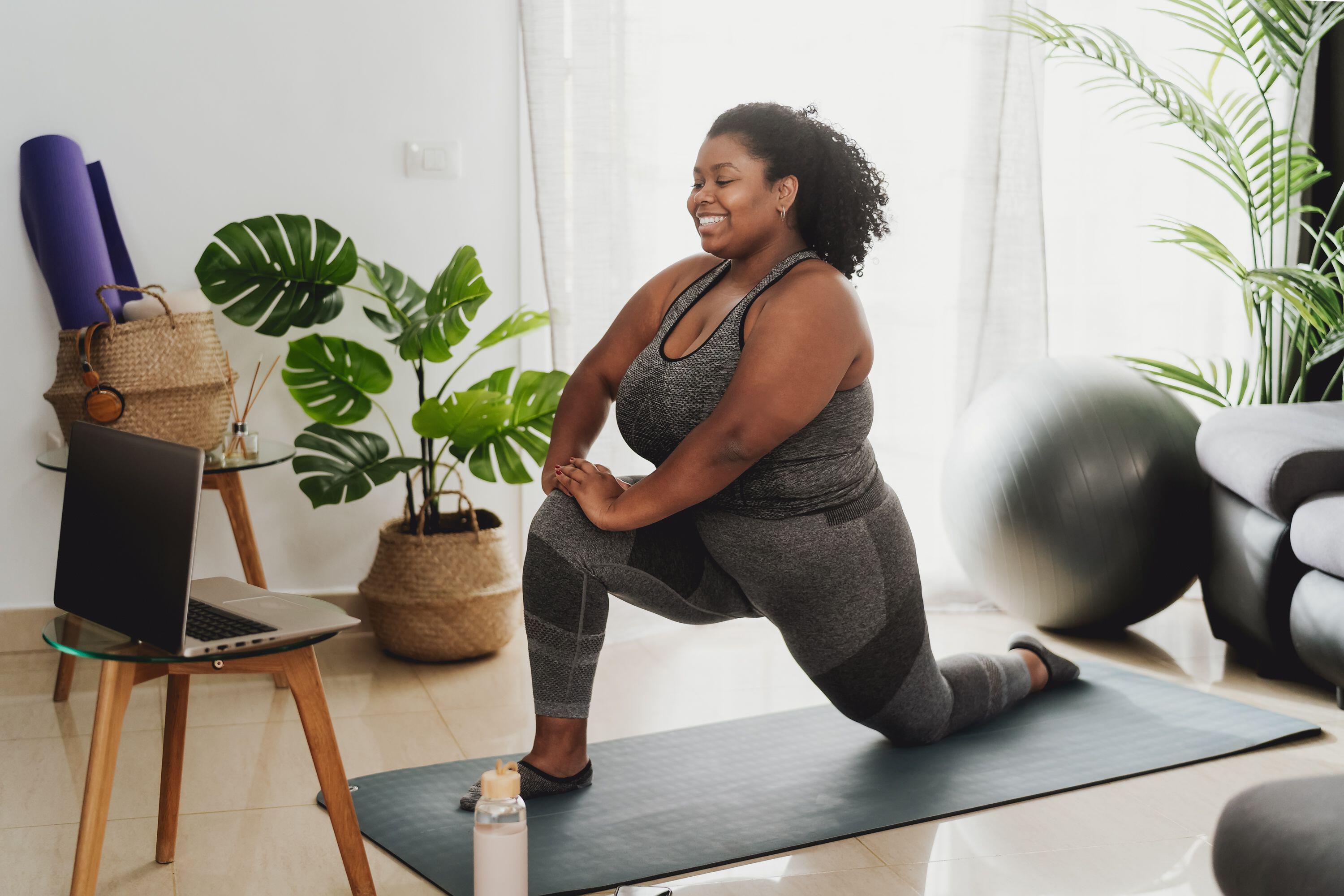Health resolutions we should all be making in 2025
Not just dry January

Your support helps us to tell the story
From reproductive rights to climate change to Big Tech, The Independent is on the ground when the story is developing. Whether it's investigating the financials of Elon Musk's pro-Trump PAC or producing our latest documentary, 'The A Word', which shines a light on the American women fighting for reproductive rights, we know how important it is to parse out the facts from the messaging.
At such a critical moment in US history, we need reporters on the ground. Your donation allows us to keep sending journalists to speak to both sides of the story.
The Independent is trusted by Americans across the entire political spectrum. And unlike many other quality news outlets, we choose not to lock Americans out of our reporting and analysis with paywalls. We believe quality journalism should be available to everyone, paid for by those who can afford it.
Your support makes all the difference.We often use January as a means of punishing ourselves for having too much fun in December. But rather than dedicating it to deprivation (‘No booze, no sugar, no carbs…’) and setting a load of impossible targets (‘Will run 10km every single day,”) why not make January feel hopeful rather than bleak?
One way to do that is to set yourself some genuinely achievable resolutions, that will help you feel healthier and perkier all year.
We asked health experts for their top pledges that we’d all benefit from.
“The new year always feels like the perfect time to reinvent yourself, until your body reminds you it’s not built for overnight miracles. Jumping in too quickly can lead to overtraining or injury, derailing your progress before you even get started,” says Mehmet Gem, The Hip Physio. “Instead, approach exercise with a gradual, structured plan. Begin with low-impact activities, allowing your body to adapt and strengthen over time. Consistency, not intensity, is the key to sustainable results.”
Silence your nasty inner critic

“A lack of confidence and self-belief can really affect our mental health and wellbeing. If we don’t have a kind voice in our head, we inadvertently put ourselves down, which can progress into depression or anxiety,” says Dr Sophie Ward, head of department for psychology at Arden University. “To help silence your inner critic, try something new once a month that pushes you out of your comfort zone. When you take on new challenges, even if they feel intimidating, you slowly teach yourself that you are capable of handling things you once thought you never would be able to. Each success outside your comfort zone will not only build your confidence, but will teach you new things that you can apply to your personal or professional life.”
Set yourself a monthly sleep challenge
“Sleep is crucial for recovery, mood and cognitive function. Poor sleep can lead to many health implications, including weakened immune function and increased stress levels. Aim for seven to nine hours of quality sleep [per night] to rejuvenate your body and mind,” says Dr Vijay Nayar, GP at Healthium Clinic. “Start a monthly sleep challenge in which you experiment with different bedtime routines to find what works best for you. Create a ‘sleep sanctuary’ by arranging a cosy space filled with soft pillows, dim lighting and calming scents like lavender.”
Commit to exercise you actually like doing

“The common mistake we see is that people tend to have short bursts of enthusiasm and action, then it gently fizzles out after a few weeks,” says PT Gary Lockwood, CEO of 24/7 Fitness. “First, it’s not enthusiasm why people are in shape – enthusiasm comes and goes – it’s discipline that drags you off your sofa. Second, people tend to create routines that are impossible to follow longer term, like too much time in the gym, which is difficult for scheduling, or low calorie consumption and not fuelling their workouts, so they feel terrible and then avoid the gym. Third, they tend to pick activities they find torturous. Find the things you like to do and stick to them!”
Reimagine dry January
“Reframe your thoughts about what you’re gaining, rather than what you’re losing – instead of telling yourself you’re ‘giving up’ alcohol for January, try telling yourself you’re giving yourself 31 hangover-free mornings and an opportunity to enjoy experimenting with a new alcohol-free cocktail each weekend,” says Priory consultant psychiatrist Dr David McLaughlan, co-founder of curb.health. “I’m personally trying to cut down on alcohol and experimenting with new ways to socialise that don’t revolve around alcohol. For example, making plans to catch up with friends on a Saturday morning for breakfast, instead of Friday night at the pub.”
Add good stuff to your diet

“Leave restrictive diets in 2024. Restricting certain foods or food groups has been shown to negatively affect gut health, whole-body health and mental health,” says Dr Caitlin Hall, gut health dietician and head of research at myota. “Aim for 30 different plants a week. A study in 2018 called The American Gut project showed that people who consume 30+ plants a week have more diverse and resilient gut microbiomes, which supports overall health. This number sounds daunting at first, but remember this includes all fruits, grains, vegetables, legumes, nuts, seeds and herbs.”
Listen to your ears
“Make the ‘Ear Reset Habit’ part of your routine. After every 60 minutes of listening to music or spending time in a noisy environment, give your ears a five-minute break,” says Dr Rony Ganguly, doctor of audiology at Pindrop Hearing. “Step away from the noise, relax in a quiet spot, and let your ears recover. Regular ear resets reduce the risk of noise-induced hearing loss, which can be permanent over time.”
Let go of time sinks
“Ask yourself if there’s a game or social media app that has been a ‘time sink’ for you this year. Do you want that to repeat in 2025?” asks Ali Ross, psychotherapist and spokesperson for the UK Council for Psychotherapy. “Maybe you do, as it’s welcome downtime in your life, but maybe it’s unwelcome procrastination and leaves you feeling empty after. If it’s the latter, delete it. You might be surprised by how little you miss it and what that time back opens up for you.”
Learn when to say no

“It can feel like we’re constantly measured by how productive we are, which means life can often feel overwhelming,” says Dr Alexandria Phillips, clinical psychologist at The Soke. “2025 will be the year for setting boundaries. Learn to say ‘no’ to commitments that don’t serve your goals. Ask yourself: ‘Do I want to do this for me? Or am I doing it to please someone else?’ Reconnecting with your values will guide your decision-making to protect your mental and physical health.”